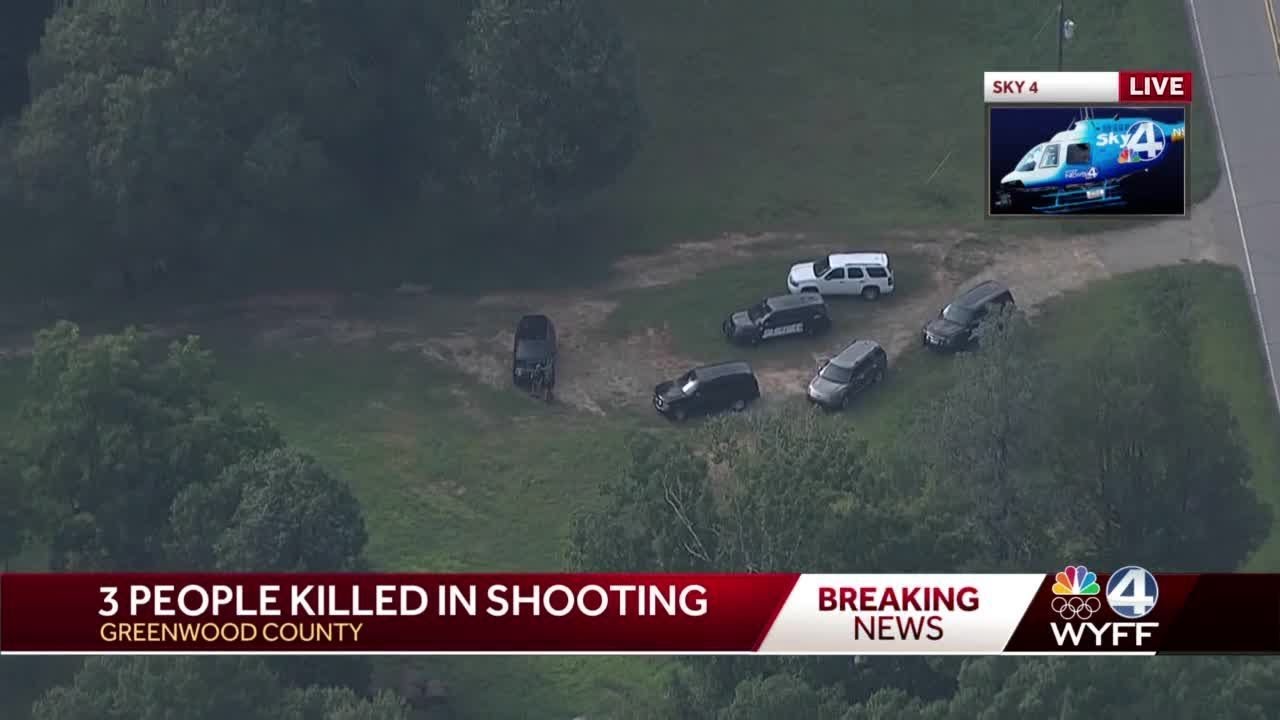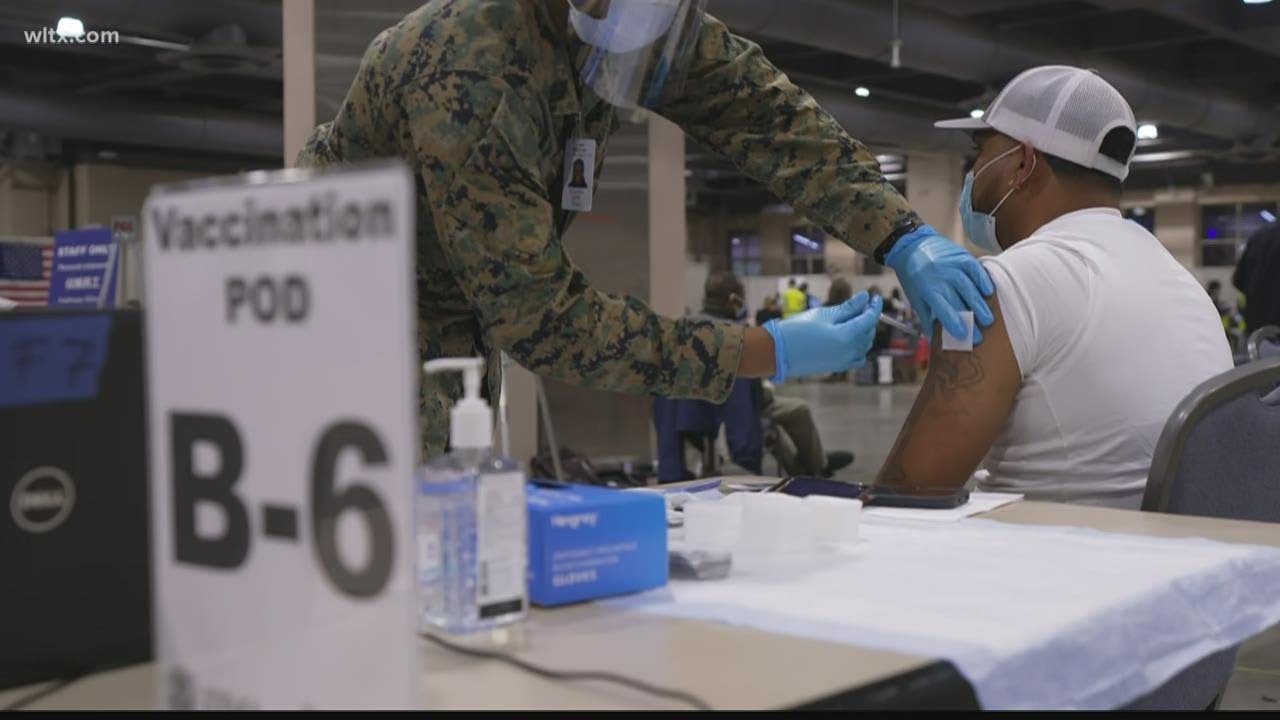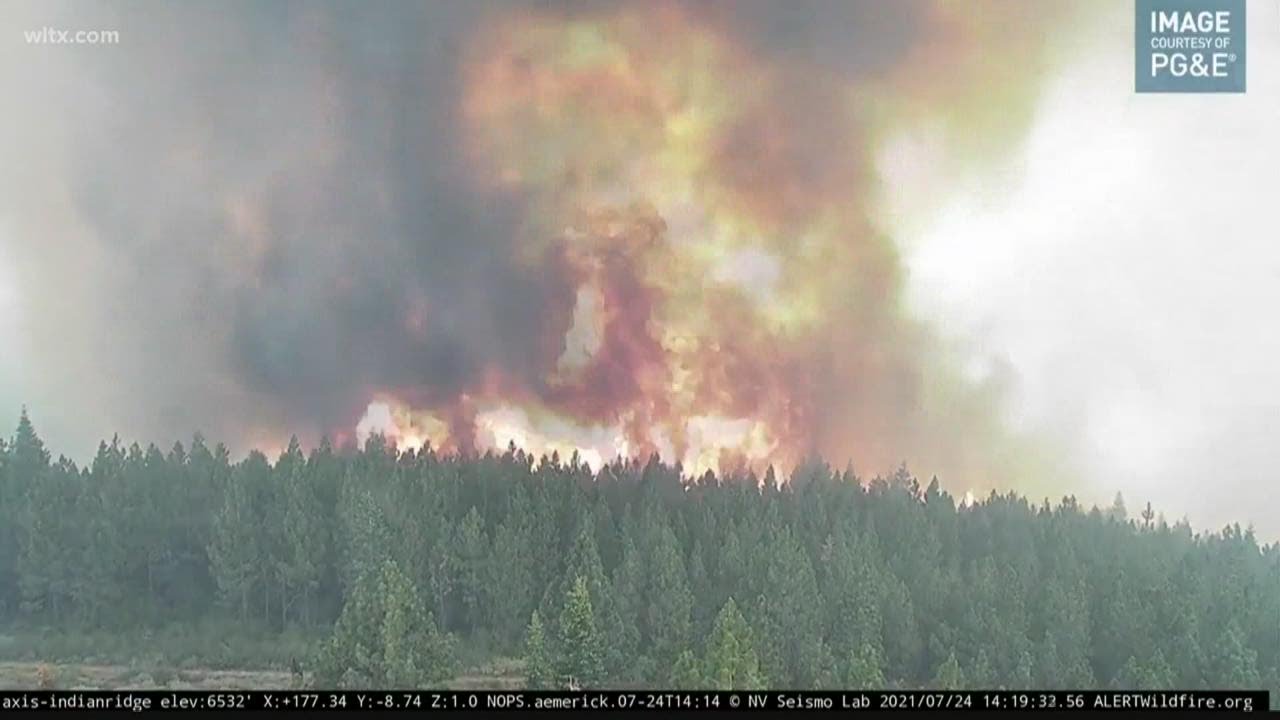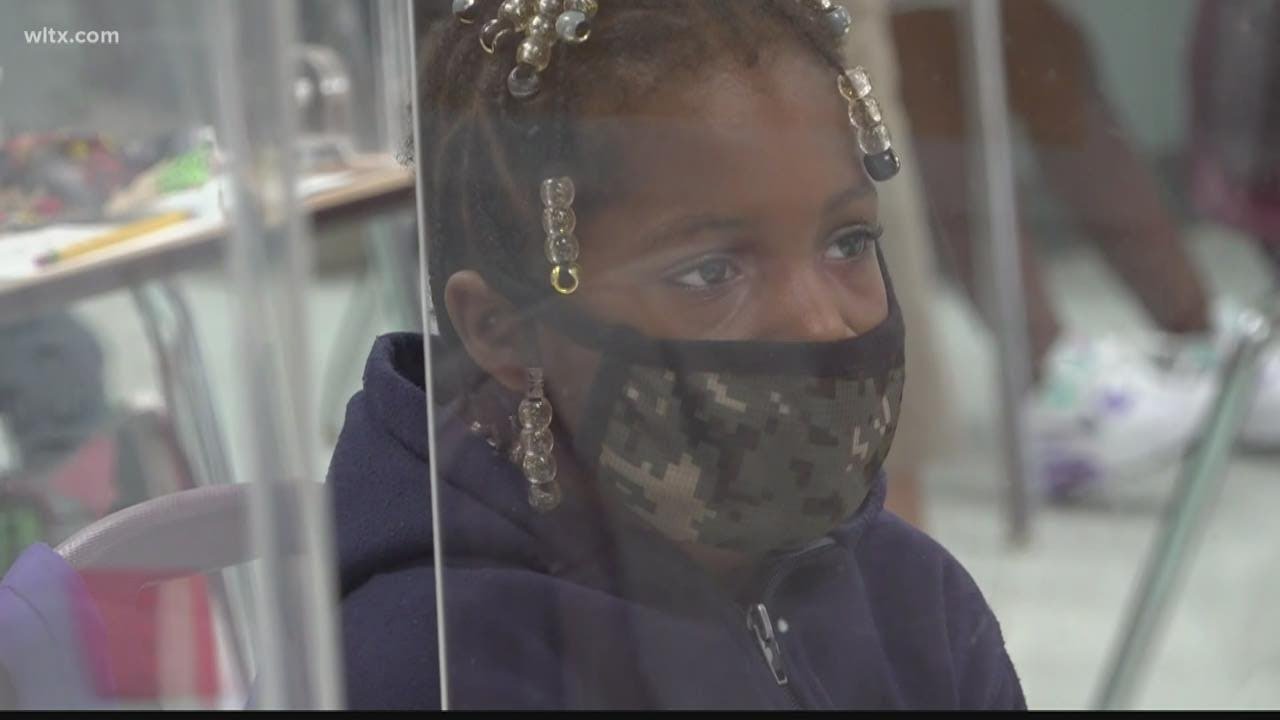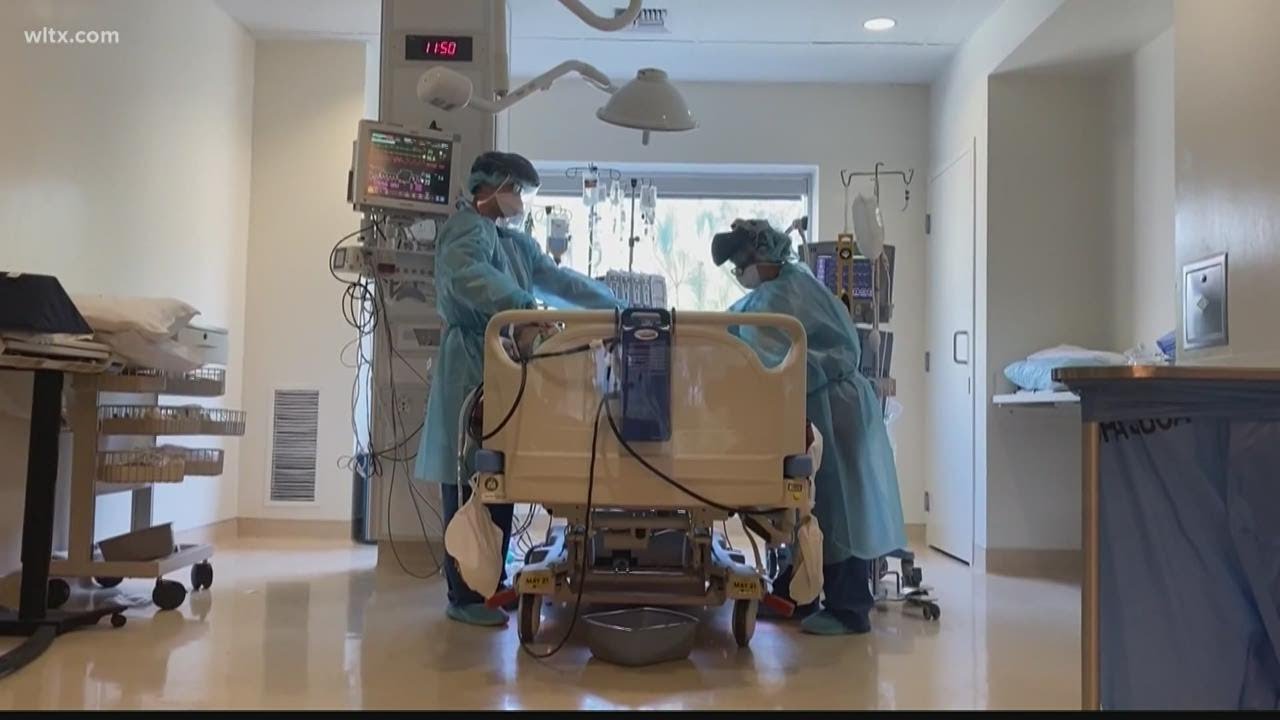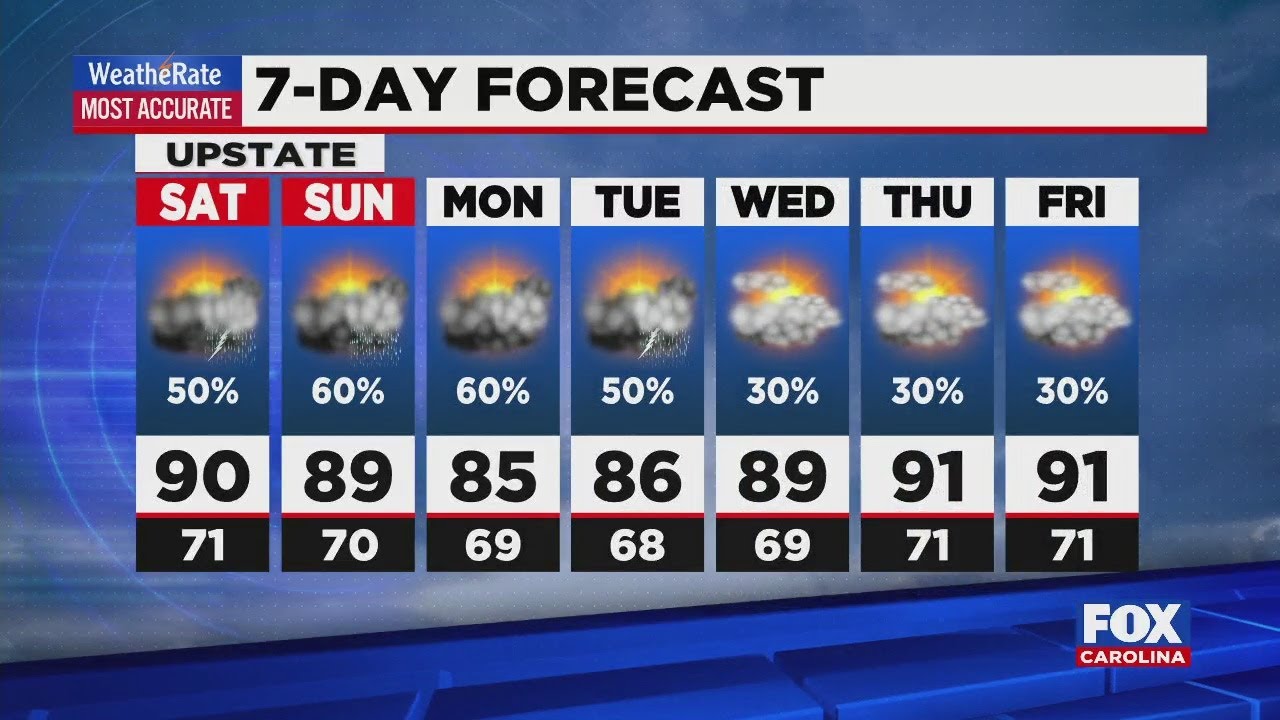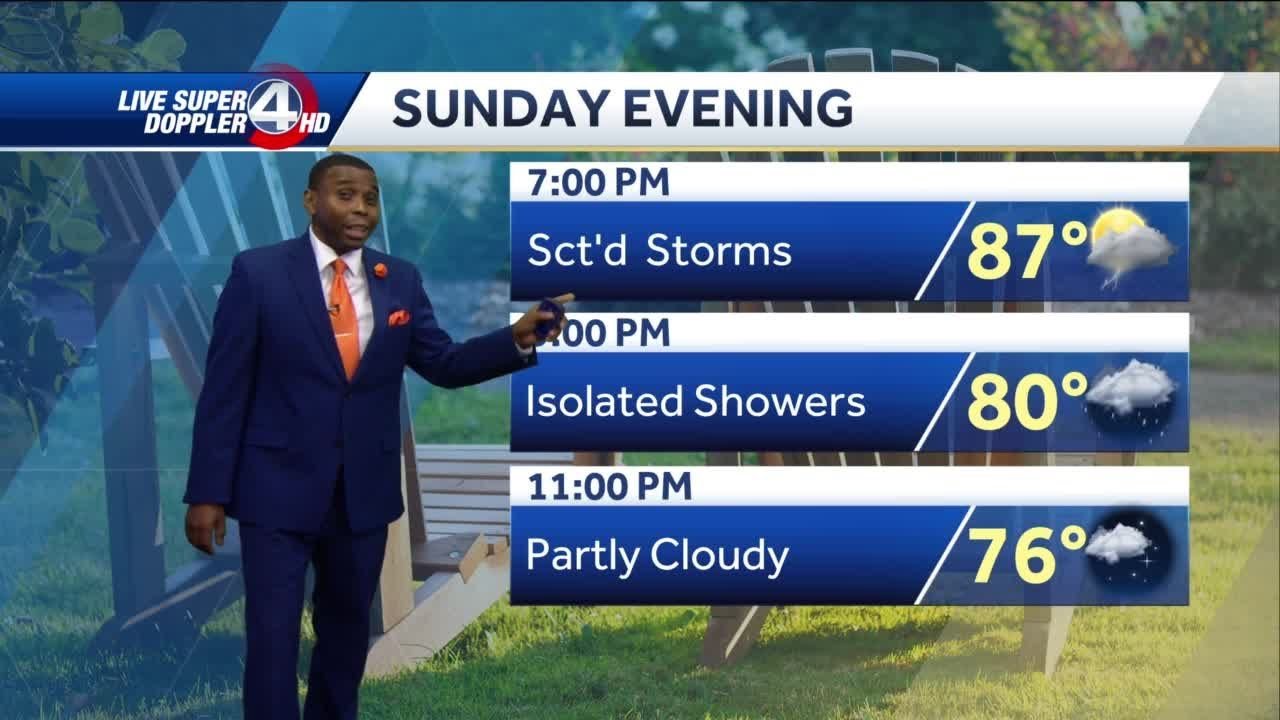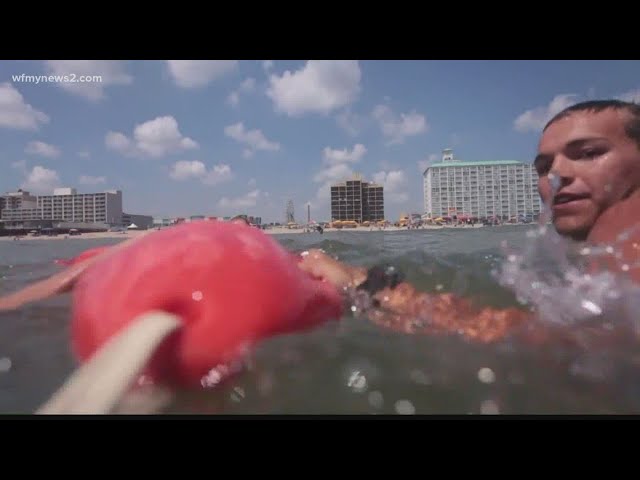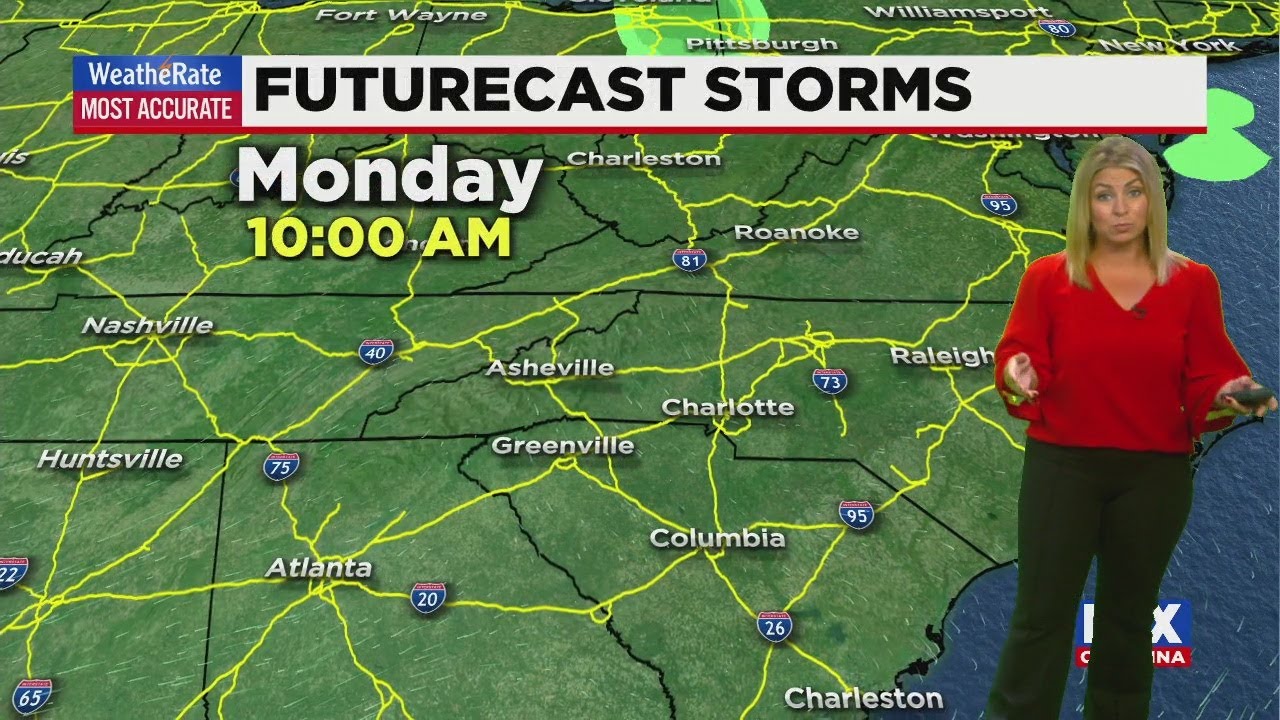- Massive crowd expected for Sturgis rally in state’s Black Hills
- More than 500,000 enthusiasts usually come for yearly event
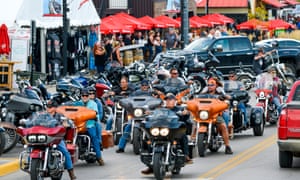
Motorcyclists ride down Main Street in Sturgis on Thursday. South Dakota has fared better than most states but cases have increased recently.
Photograph: Michael Ciaglo/Getty Images
At least 100,000 people are expected to attend the 10-day annual Sturgis motorcycle rally in South Dakota’s Black Hills from Friday, as opportunities for the local economy have overridden concerns it could become a coronavirus superspreading event.
This year is the 80th anniversary of the event that in normal years sees upward of 500,000 motorcycle enthusiasts descend on the small town of Sturgis and the surrounding area. The rally injects $800m into South Dakota’s economy.
Local authorities expect to take an economic hit with fewer in attendance this year and have halved the number of vendors allowed to participate.
But they are still counting on a massive crowd – one of the biggest in the world since the coronavirus pandemic began – to pack concerts with at least 34 acts playing. Most rallies bring a sea of black leather, boots and bandannas into Sturgis, population 6,900 in normal times.
“The rally is going to stay the same in many respects,” said the Meade county sheriff, Rob Merwin. “It’s going to be a lot of people and a lot of motorcycles all over the place. People are tired of being penned up by this pandemic.“
Merwin said many local residents have voiced concerns about the public health impact the rally will have. South Dakota has fared better than most states – it ranks 38th in Covid deaths per capita, according to a Reuters tally – but cases have spiked in recent weeks as hotspots move into the midwest.
The sheriff’s office overlooks Sturgis’s Main Street and from Merwin’s vantage point, he saw few precautions taken as the town began to fill up on Thursday evening.
“I’m sitting here and I’m watching people walk up and down the street, watching people ride up and down the street. A few have masks – most don’t,” he said. “There’s not much we can do. Everybody is coming here with their eyes wide open. They know what they’re getting into.”
Over 60% of Sturgis residents who responded to a survey the city council mailed out in May said they wanted the rally canceled. But on 15 June the council voted to move ahead with the rally, though they canceled all city-sponsored events associated with it and included measures such as hand-sanitizing stations.
Merwin and others interviewed said the event is considered an annual headache by most residents, but one that must be stomached considering the money and jobs it brings to the region.
With the rally lasting over a week and people flocking to huge campsites in the Black Hills national forest and in nearby towns, trying to halt the event would have been fruitless, local officials said.
“It would have been just as irresponsible for us to not prepare for these people who were going to show up regardless of what we wanted,” city councilwoman Beka Zerbst said. “It’s just common sense to be prepared.”

Zerbst said before the pandemic, organizers were expecting upward of 800,000 people this year. She said it was anybody’s guess how many will actually show up, but local leaders were counting on at least 100,000 people.
In a videotaped address to city residents the day after the city council voted to move ahead with the rally, Mayor Mark Carstensen said throughout the pandemic, “the state of South Dakota has been the freedom state and the city of Sturgis has stayed true to that”.
Carstensen emphasized that public health could not be pitted against the economy and people’s ability to maintain livelihoods.
“It’s a situation where those can work together. It’s not easy,” the mayor said, “but we’re all in this together.”


